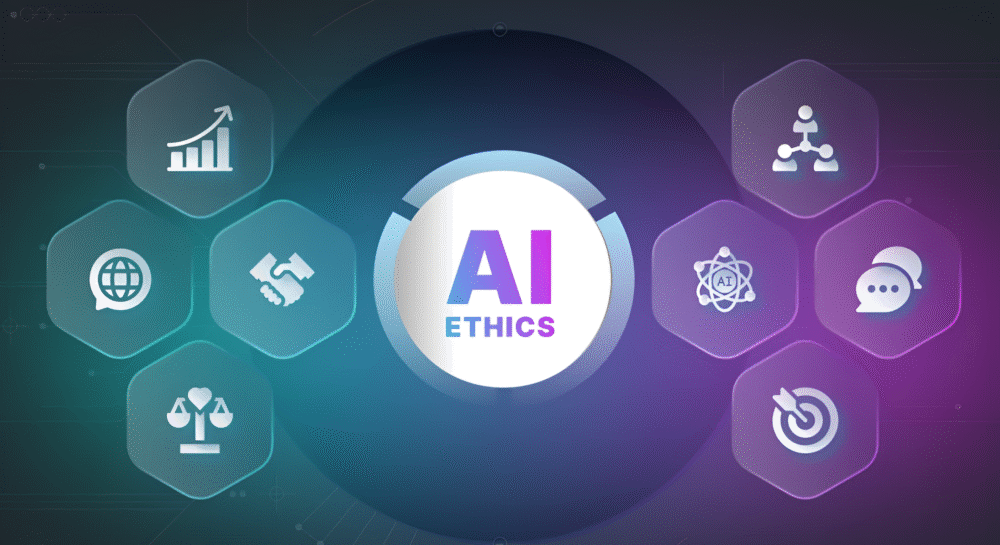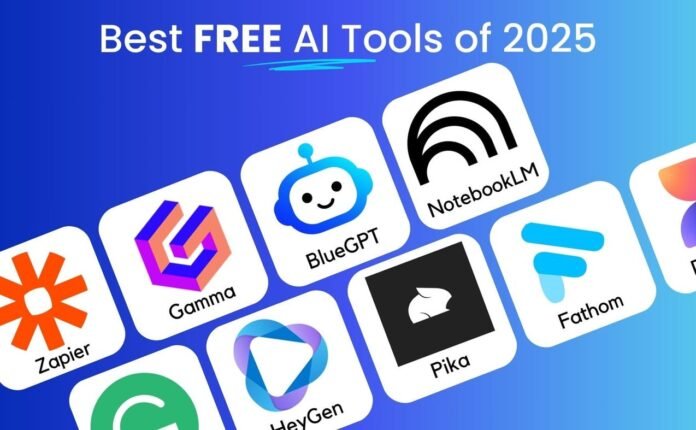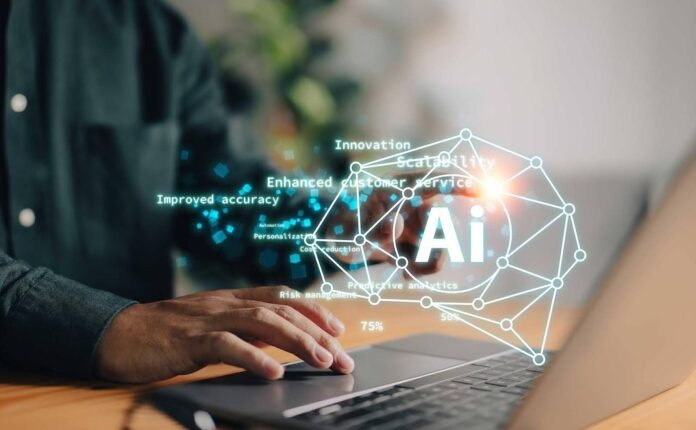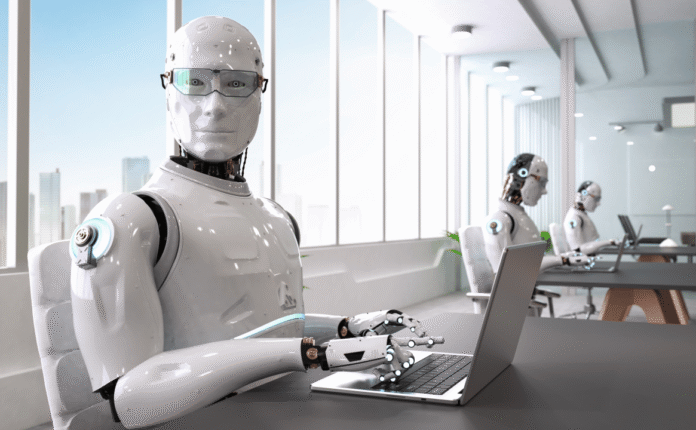In recent years, artificial intelligence (AI) has advanced rapidly, disrupting industries, rebuilding labor markets, and changing the ways people interact with technology. From medical diagnosis systems, to self-driving cars, to chatbot and surveillance systems, AI exists in the realm of possibility, as well as fiction—we are starting to see it in our daily life. While these advancements open tremendous potential for efficiency and innovation, they also raise difficult ethical questions. Should we be concerned about AI? And if so, what are we concerned about?
The Promise and the Risk
AI can yield good. AI can diagnose diseases faster and with greater accuracy than human doctors. It can optimize traffic management in congested cities. It can even predict natural disasters that will occur in the future. The same technology, however, could also deepen social inequalities, violate privacy, and make mistakes in which decisions are made that affect lives without accountability.
Center stage in these debates is the question of ethics: Who is accountable when AI makes a false claim? Can machines understand human values? Should we allow AI to replace human judgment in sensitive activities like law enforcement or health care?
Bias and Discrimination
Bias is one of the most urgent ethical issues facing AI. AI systems learn based on data — often historical data — and thus they can reflect and reproduce biases that exist in society today. In the context of hiring, for example, an AI may prioritize male applicants because historically men were hired more than women. Similarly, predictive policing tools have been criticized based on the argument that biased historical data can perpetuate biased patterns of policing in minority communities.
Bias in AI is not simply a technical issue, but also a moral issue. The systems make decisions that can affect who gets hired, who gets credit, and who gets identified as a potential criminal. These decisions have real effects. Addressing bias requires change beyond just algorithms — we need to change how we collect, evaluate, and use data, as well as the decisions that we make with that data.
Privacy and surveillance
AI’s ability to sift through huge volumes of data raises troubling privacy issues as well. For example, facial recognition systems can identify and locate people open air without their permission. Mass surveillance by government or corporations, with AI enabling them to surveil more subjects by greater efficiency, is likely to have a glitchy, maybe unregulated or misregulated, course.
The issue here is not just what AI could do, it’s also what should it do. We have a high-stakes balancing act between capability as technology and individual privacy, which is one of the great ethical issues of our time. If it goes without saying, there aren’t good ethical or legal protections surrounding AI. So without those ethical practices, along with legal, we would not very far away from a world where civil liberties are entirely eroded by the bulk of AI use(s) in surveillance.
Independence and accountability
As more AI systems become self-directing, the issue of liability is becoming increasingly muddled. Who is liable if a driverless car causes an accident? The manufacturer? The programmer? The owner? The AI? The current legal systems are insufficient to resolve these dilemmas, particularly because they fail to give the same consideration to an autonomous AI as they would to the actions of a human.
In other applications, such as criminal sentencing and loan approval, the consequences of actions taken by an AI are life altering. Individuals impacted by the outcome of a decision made by an AI may not be able to appeal the decision—and may not even be aware of how the decision was made. In many cases, the AI “black box” makes it impossible to challenge the information on which a decision is based.
Job Displacement and Economic Inequality
AI is also expected to create havoc in the labor market. Automation could replace jobs in transportation, customer service, and even white-collar fields like law and journalism. While there is potential for new jobs to be created, they may not be attainable to those who are displaced thereby increasing economic inequality.
The ethical dilemma here is how we as a society decide to address this transition. Is there a social responsibility on us as a society to execute a universal basic income? Do employers have ethical obligations to reskill displaced employees? How can we secure a balanced distribution of the economic gains of AI?
Existential Risks
At the extreme end of the ethical spectrum are concerns related to existential risk, the possibility that AI could one day develop abilities that surpass human intelligence and act in ways that conflict with human values—this is often referred to the “alignment problem.” This notion is raised by influential theorists like Nick Bostrom and entrepreneurs like Elon Musk.
To some, this notion may appear to be science fiction, but the pace of AI development has made such a discussion uniquely timely. To ensure that superintelligent, capabilities-driven AI systems (if they are on the horizon) remain under human control and aligned with human values is perhaps the most difficult ethical issue of all.
Ethical AI Initiatives
So, should we be concerned? The answer is both yes and no. Concern, in this case, means to recognize the importance of attention, responsibility, and affirmative action toward ethical AI.
Ethical AI is inherently interdisciplinary – it requires technologists, ethicists, legislators, and members of society. Ethical AI requires transparency, accountability, and inclusivity in the design and deployment of AI solutions. Ethical AI demands that we think about our values and strive to use technological advancement to improve human welfare and not erode it.
Governments and organizations are beginning to take action. The European Union introduced the AI Act to help regulate high-risk AI uses. Businesses are beginning to form AI ethics boards and publish fairness reports. There is much work to do.
Conclusion
AI is a powerful tool—but like all powerful tools, it can be used well or poorly. The question is not whether we ought to stop AI, but how we might direct it toward ways that demonstrate our deepest ethical commitments. Worry is not a weakness; it’s only a weakness if the worry inspires indecision. If concern leads to action, then worrying can be a strength. The future of AI is not predetermined, it is something we must jointly create.



